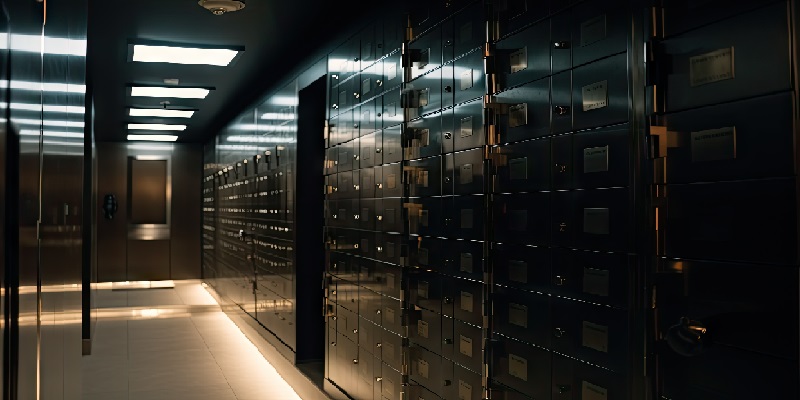
Accessing a Safe Deposit Box When Someone Passes Away In Texas
Many people have a safe deposit box to keep important valuables and documents secure. What happens if someone passes away unexpectedly, and their loved ones need to access the safe deposit box because they suspect the will is inside? There are processes in the Texas Estates Code that allow access to safe deposit boxes to locate certain important documents required to handle someone’s estate.
Section 151 of the Texas Estates Code outlines when and by whom a safe deposit box may be examined. There are two options: Examining a safe deposit box with a court order, and examining a safe deposit box without a court order. A person with an interest in the estate may request a court order to examine the contents of the safe deposit box if the person suspects the will, burial plot information, or insurance policy documents are in the safe deposit box. Tex. Est. Code Ann. § 151.001 (West). A decedent’s parent, spouse, or child over the age of 18 may examine the box's contents to look for these documents without a court order. Tex. Est. Code Ann. § 151.003 (West). Additionally, if the will is in hand but insurance and burial information may be in the safe deposit box, the executor named in the will may present a copy of the will and gain access to look for insurance policies and burial information without a court order. Id.
There are some important things to understand about this process. First, this is not a way to gain access to all items contained in a safe deposit box. The statute's scope is limited to the documents named above; that is, the will, burial plot information, and insurance policies. Tex. Est. Code Ann. § 151.001 (West). No matter what else is in the box, no matter how valuable, the person accessing it must leave it where it is until they get the probate court's additional approval to take it. Second, if a court order is obtained to view the contents of the safe deposit box, the bank will most likely require the lawyer requesting the court order to conduct the inspection instead of the person with an interest in the estate. Third, if a will is located in the safe deposit box pursuant to a court order under section 151.001, it must be immediately delivered to the court having jurisdiction over the estate. Therefore, the persons pursuing this process must be prepared to pay the costs of probating the will upon success.
Even though there are methods for accessing a safe deposit box to locate a will, an insurance policy, or burial information, keeping these documents in a safe deposit box may not be the best course of action. When someone passes away, it is in everyone’s best interest that the deceased person's important documents may be easily located so that their last wishes may be carried out. Keeping these documents in a safe, secure location in the home is a better option. It is important to talk to the person you’ve named as executor to let them know where these documents are located. A will can only protect your interests if your loved ones know it exists and how to find it.
If you need help accessing a safe deposit box or drafting a will, an experienced estate planning attorney can assist with this and any other estate planning needs.
All information provided on Silblawfirm.com (hereinafter "website") is provided for informational purposes only, and is not intended to be used for legal advice. Users of this website should not take any actions or refrain from taking any actions based upon content or information on this website. Users of this site should contact a licensed Texas attorney for a full and complete review of their legal issues.
